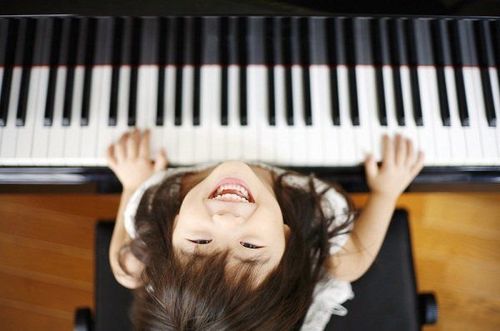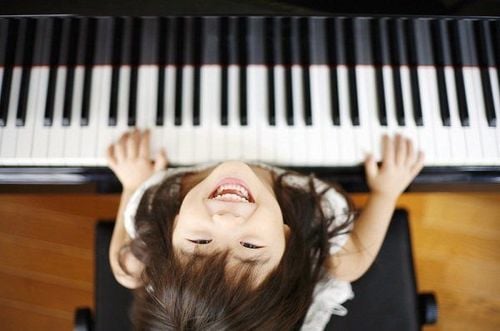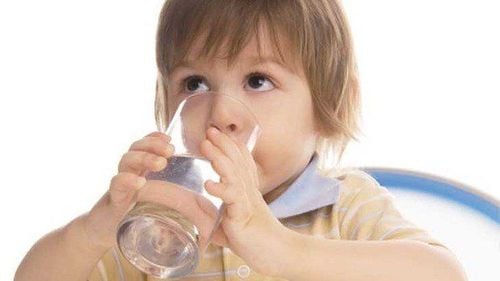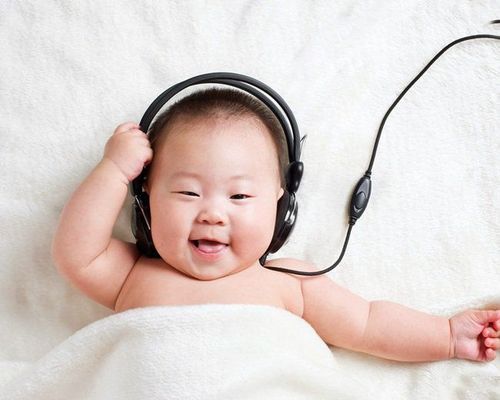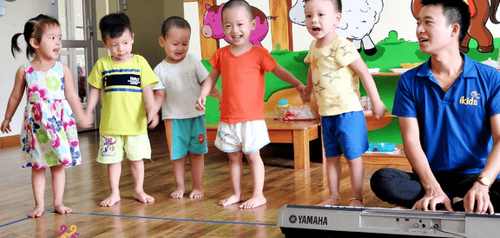This is an automatically translated article.
The article was written by Bachelor of Arts Tran Thu Hien - Music Therapy Technician, Unit of Regenerative Medicine Clinic and Educational Psychology.Music is considered as the best therapy for ear training. Singing is related to physical development, strengthening the vocal organs, breathing deeply, avoiding stuttering, and promoting the function of the organs of broadcasting and breathing. Movement to music helps children to operate stably, running softly and flexibly.
For children from 0 to 6 years old
1. Stimulating children's musical potential must start from "Listening"
The first musical ability children have and need to be developed is “LISTENING MUSIC”.Meaning of listening to music: Is the link between music and life Contribute to emotional development Forming the habit of listening to music with knowledge Improve children's intellectual qualities and abilities Arouse emotional awareness with music To let children listen to music effectively, it is necessary to: Ensure the appropriateness of children's musical perception Listen to music at a moderate volume, at a reasonable time Ensure the artistry of the work Ensure the moral education ethics, aesthetics for children Suggestions for each age: Children under 2 years old: listen to soft, melodious, moderate tempo music. Children 2 - 4 years old: listen to music with lively, bright rhythms, clear and seamless melodies, simple lyrics. Children 4-6 years old: listen to music in the style of music according to their interests, listen to songs with meaningful, directional and educational content. Note: High volume can become noise. Music with fun sounds or gentle melodies suitable for children. You should choose songs with clear lyrics and suitable for your child, especially when he is an adult.
>>> When can children learn music?
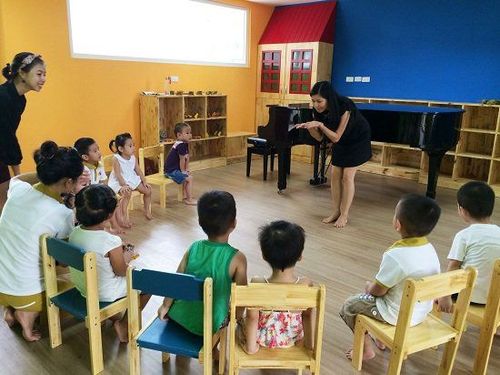
Vận động theo nhạc giúp trẻ hoạt động vững vàng, bước chạy nhẹ nhàng linh hoạt
2. Stimulate children's musical potential with "Singing"
Referring to children's musical ability, we cannot help but mention the ability "SINGING".Meaning of singing: Singing activities have an impact on children's body development, (helps children breathe deeply, develop voice, strengthen larynx, develop language, develop thinking, especially accurate reproduction of melody, rhythm, memory). Being close and suitable to children has high emotional expression value because it is influenced by music and lyrics. Song selection: The song must meet the educational requirements. It must be suitable to the child's interests, age and singing ability. The pitch is suitable for the child's voice. Suggestions for each age: Children under 2 years old: singing tail claws, singing fill words Children 2 - 4 years old: sing full sentences or whole songs with short sentences and simple lyrics. Children 4-6 years old: choose songs by age, sound range suitable for each child's ability, meaningful lyrics.
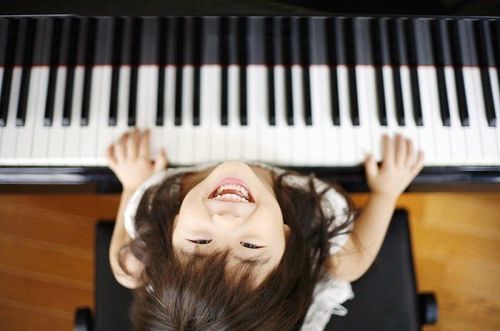
Nhắc đến khả năng âm nhạc của trẻ thì chúng ta không thể không nhắc đến khả năng “CA HÁT”
3. Stimulating children's musical potential through "Movement"
Due to the innocent and active characteristics of young children, the relationship between music and movement is easily formed.Purpose - meaning of movement to music: Movement is a tool to express musical images Children can express emotions to communicate with their surroundings and also release energy Movement to music helps children develop sense of rhythm Moving to music helps children develop gross motor skills Motor exercises need: Analyze and learn the content of the work (structure, rhythm, melody, lyrics content) to visualize Use movements and gestures to express works based on the child's motor ability by age group Practice rhythmic movement Suggestions for each age group: Children under 2 years old: support children by holding and holding them swing, hold the child's hand, let the child stomp... move to the music. Children from 2-4 years old: let children move freely according to different musical nuances, practice imitating movements according to music... Children from 4-6 years old: let children participate in exercise classes can learn to dance, dance... depending on the style according to the child's interests and aptitudes. Children's ability to perceive music cannot develop on their own, so that children's musical potential can be stimulated and promoted most effectively, we need to help children go through a process: Learning - playing – frequent and continuous contact.
>>> How to encourage children's musical talents
Please dial HOTLINE for more information or register for an appointment HERE. Download MyVinmec app to make appointments faster and to manage your bookings easily.




